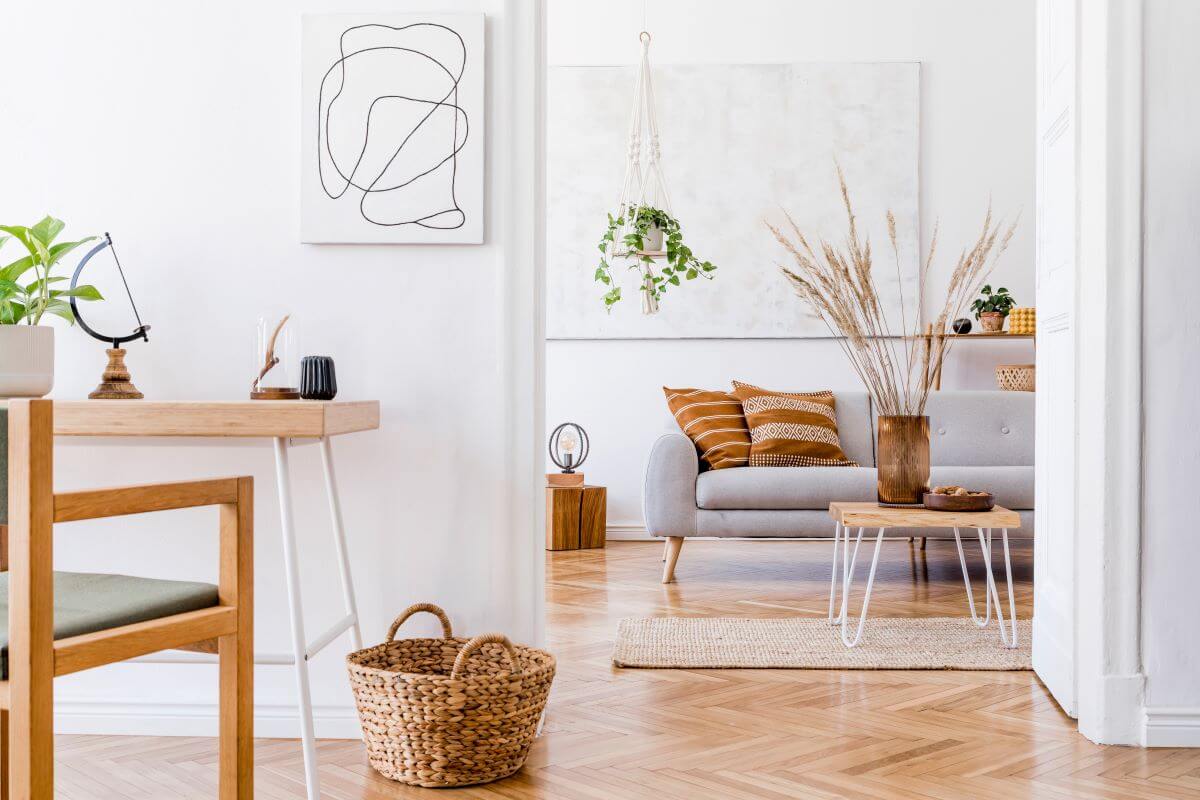Even though South Africa is considered a beautiful country with plenty to offer there is, unfortunately, one negative aspect that plagues so many living in this country – CRIME!
With the high levels of crime experienced in this country, South African home buyers are some of the most security conscious in the world. Security has become a major determining factor in where people choose to purchase their homes. As a result, properties with top-end security features or those located in security estates are highly sought-after and often fetch a higher price than other types of properties.”
Gated estates are known for providing a safer and secure environment, which often receives a greater return of investment. These homes aren’t always affordable for everyone, but that doesn’t mean you should compromise on your safety and allow your home to become a target of crime.
Here are a few ways in which you can beef up your home’s security to keep criminals at bay.
Make it difficult to break in
Homes that are considered soft targets for crime are generally properties that are perceived as being quick and easy to gain access to. It is less likely that your home will get broken into if it requires more time and effort to access. Do not leave anything lying around that could assist someone to break into the home, such as ladders or gardening tools. Keep foliage and shrubs cut back to reduce the number of areas where intruders can hide, putting up lights will also make areas more visible and aid in deterring intruders.
It is important to lock all entry points to your home – garage entrances are a common area of the house to help them to gain entry into your home. A trained guard dog is an excellent deterrent and household companion. Tell your children and domestic workers to not allow anyone to gain access to the home.
Visible and physical protection is best
According to security experts, creating a physical barrier, such as palisading or electric fence will stand out to potential intruders and is considered a good precautionary measure.
By using motion sensors and beams, homeowners can provide a backup to the primary physical barrier. It is important for all entry points and security barriers to be connected to an alarm system so that the necessary people can be alerted if intruders are detected.
Don’t let people know you are away
Intruders prefer to avoid confrontation and are more likely to break into a property when no one is home. If you are going away on holiday, avoid leaving any tell-tale signs that no one is home, i.e. uncollected post or newspapers. An unoccupied home is more vulnerable to possible intrusion. Timers on the lighting inside and outside the home will give the appearance that people are there. Provided it is safe to do so, a car can be parked on the property where it is visible, which will also give the impression that someone is home.
Don’t leave the keys in the usual places
In many home thefts, criminals are known for taking vehicles along with the household contents. To prevent this, rather put them out of sight and in a safe place.
Community involvement
Joining the local community policing forum or a neighbourhood watch is a vital way in connecting with neighbours and coming together to actively keep your community safe and secure. It is better to prevent criminal activity from affecting your home, then having to deal with the aftermath.



